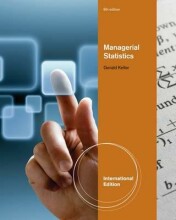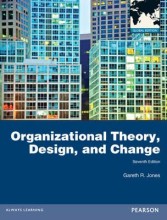Summary: Behavioural Decision Making
- This + 400k other summaries
- A unique study and practice tool
- Never study anything twice again
- Get the grades you hope for
- 100% sure, 100% understanding
Read the summary and the most important questions on Behavioural decision making
-
First lecture
This is a preview. There are 7 more flashcards available for chapter 03/09/2019
Show more cards here -
How do you call the model that assumes no unique role of a zero price, and generally predicts that consumers make decisions based on subtracting costs from benefits?
Standard economic model -
How do you call the model that assumes a price reduction from cost condition to free condition does reduce costs but also boosts attractiveness of free products and therefore increases demand for free products?
Zero economic model -
What are three characteristics of incentives according to classic economics model?
- People maximize subjective utility
- A financial reward increases an option's utility
- A reward will lead to a linear increase in behavior
-
How do you call a market that is not sensitive to monetary rewards?
Social market -
How do you call a research method where an researcher manipulates one or more independent variables and measures their effect on one or more dependent variables while controlling for the effect of extraneous variables?
Experiment -
What are three ways to check to be certain that results are caused by our manipulation?
- Include a manipulation check
- Beware of confounding variables
- Random assignment
-
How do you call an equal chance of being assigned to one particular condition of an experiment?
Random assignment -
Which four elements should be in an research report?
- Introduction
- Method section
- Results
- Discussion
-
Prospect theory and intertemporal choice
This is a preview. There are 6 more flashcards available for chapter 10/09/2019
Show more cards here -
How do you call the theory people use to maximize utility by multiplying the probability times the value and assumes that behaviour is predictable?
Expected utility theory -
How do people really make decisions rather then using the expected utility theory?
By prospects of future outcome compared to the reference point
- Higher grades + faster learning
- Never study anything twice
- 100% sure, 100% understanding
































